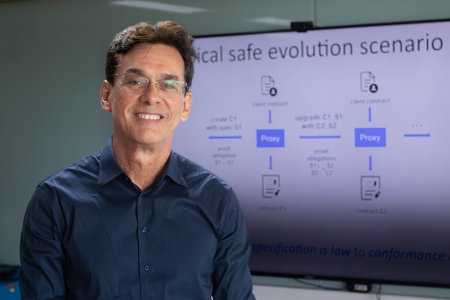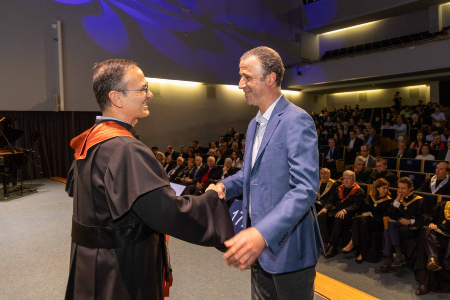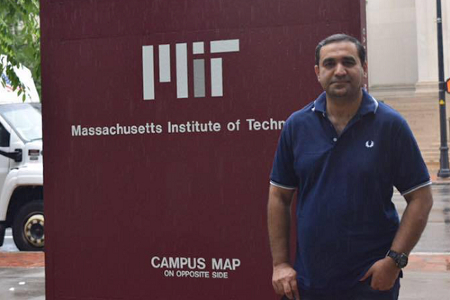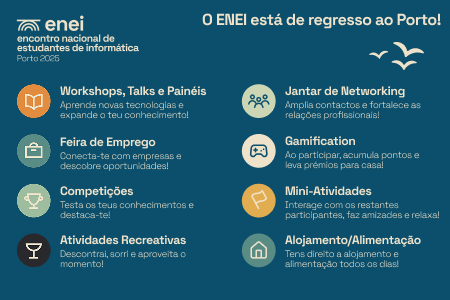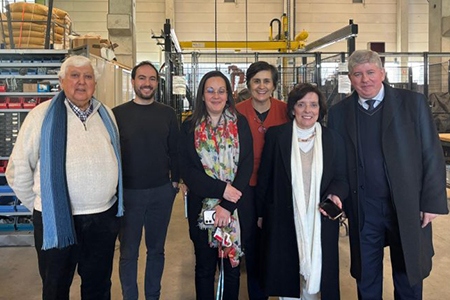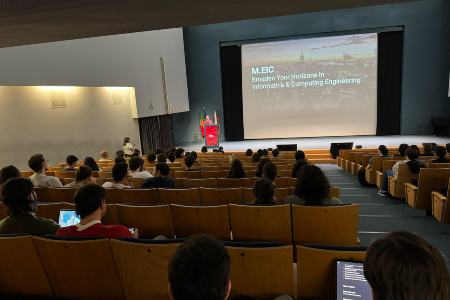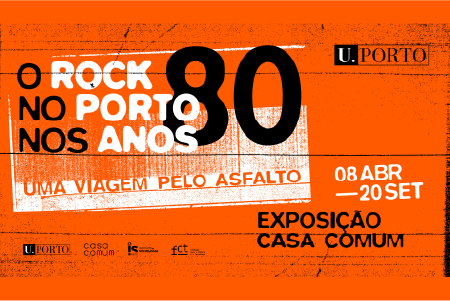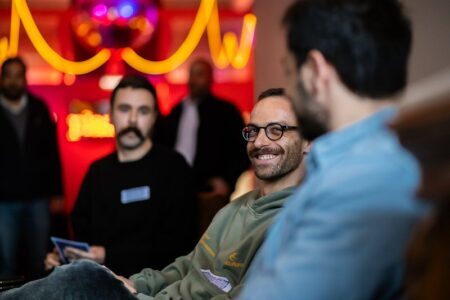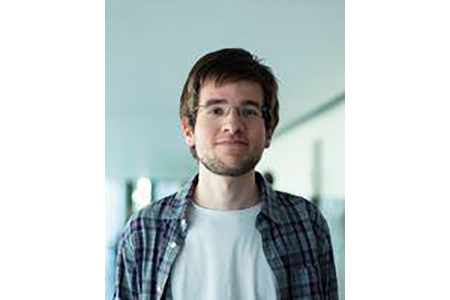A delegation led by Professor Rui Calçada, Director of the Faculty of Engineering of the University of Porto (FEUP), travelled to the Netherlands on an institutional mission between March the 25th and 29th.
The delegation also included Professors João Tavares, Director of the Department of Mechanical Engineering, Raul Vidal, Emeritus Professor at the University of Porto and Coordinator for Alumni Relations at FEUP, Alexandra Pinto, Pro-Director for Cooperation, representing the Department of Chemical and Biological Engineering, João Canas Ferreira and Vítor Tavares, representing the Department of Electrical and Computer Engineering, Mariana Malta and Francisco Maia, representing the Department of Informatics Engineering.
On the first day, the delegation had the opportunity to visit TU Delft, where they met with various teachers, researchers and technicians and where, according to Rui Calçada, ‘it was possible to deepen partnerships with one of the most prestigious European technological universities’. The visit to the Dream Hall, where students develop highly innovative multidisciplinary projects with strong links to industry and international recognition, was one of the highlights of the visit. According to João Canas Ferreira, ‘the “Dream Hall” – a vibrant space dedicated to innovation and student projects – left me particularly impressed’.
At TU Eindhoven (TU/e), the delegation was welcomed by Francisco Caetano, a PhD candidate at that university and FEUP alumnus, and was able to attend various presentations by lecturers and researchers in the areas of electronics, emerging technologies and video coding architectures. Rui Calçada emphasises that ‘direct contact with the innovation ecosystem and with FEUP alumni currently integrated there revealed multiple opportunities for academic and scientific cooperation’. João Canas Ferreira was impressed by ‘the work carried out in the areas of electronics and embedded systems, revealing the high level of research and teaching that this institution offers’. Vítor Tavares, meanwhile, emphasised that ‘it was particularly revealing to see how academic institutions promote student autonomy, encouraging teamwork in truly collaborative contexts’.
The last day of the visit was spent at ASML, a world reference company in the semiconductor sector, founded in 1984 and with more than 44,000 employees worldwide. This initiative was attended by Clara Nunes dos Santos, Portuguese Ambassador to the Netherlands, Rui Almas, Director of AICEP Benelux and Marisa Monteiro Borsboom, President of the Portugal-Netherlands Chamber of Commerce and Industry.
With more than 100 FEUP engineers in the company, ‘this visit highlighted the impact of our training and the international recognition of Portuguese talent,’ says Rui Calçada. Mariana Malta was impressed to ‘interact with Alumni at their place of work – a leading company in the chip printing machine production sector, which, due to its extraordinary skills, is a very important asset for Europe at this troubled time in the world. These alumni are our worthy representatives in that country. It was gratifying to see how they are seen as professionals of excellence.’
This mission ended on a high note. Joana Donas and Viviana Silva, FEUP’s Alumni Ambassadors in the Netherlands, organised a dinner together with FEUP’s Alumni Office with the community of former students from the Faculty of Engineering living and working in the Netherlands. ‘It was a moment of reunion, sharing and great emotion. These engineers, now part of leading companies and research centres, are living testimonies to the excellence of our training and true ambassadors for FEUP around the world,’ says Rui Calçada.
‘As a lecturer for just over a year at FEUP, I have realised the legacy that has been passed on to me and the responsibility that this entails: to continue to produce professionals of excellence, who, whether they stay or go, are worthy representatives of the teaching excellence that we want to establish at FEUP every day,” says Mariana Malta.
Francisco Maia felt inspired and shared that ‘the proximity to spaces, people, universities and companies that have contributed so much to science and technology drives us to continue and strengthen the work we do at our university. This visit was an opportunity to broaden the horizons of what we can do, take note of what we already do well and reflect on how to improve.’ Regarding the Alumni event, Vítor Tavares praised ‘the excellent opportunity to meet former students again in a relaxed atmosphere, to realise the positive impact their experience at FEUP has had on their professional careers and to recognise the valuable role they play as ambassadors for our academy.’
There was also time for an audience at the Portuguese Embassy in The Hague, at the invitation of the Ambassador, a moment of great institutional symbolism.
‘The ties of cooperation between Portugal and the Netherlands in the fields of science, technology and higher education were strengthened, with FEUP asserting itself as an active and strategic partner in this international dialogue,’ said Rui Calçada, for whom ’this mission reinforces FEUP’s commitment to internationalisation, excellence and building bridges to the future.’
Article written by Joana G. Pinto/ SICC, FEUP
Photo (from left to right): Raul Vidal (Professor Emeritus at U.Porto), Francisco Maia (Professor at DEI/FEUP), Sandra Lucas (Professor at TU/e), Mariana Malta (Professor at DEI/FEUP), Alexandra Pinto (Professor at DEQB/FEUP) and Rui Calçada (FEUP’s Director).

